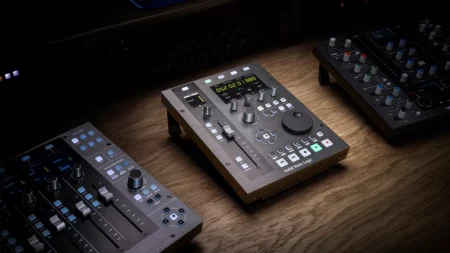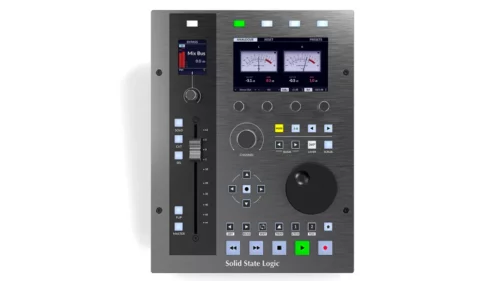Arturia FX Collection 4 Adds 4 New Additions
Arturia FX Collection 4 has landed with an all-new Leslie speaker plugin and emulations of Korg and Lexicon classics.
And Arturia’s FX Collection has evolved into one of the best plugin effect bundles you can buy, containing – to use the company’s own words – a whole lot of processors that you’ll actually use.
With the release of version 4, the FX Collection’s roster now runs to 30 plugins, with four new entries. That said, only one of these hasn’t been available before: the Rotary CLS-222 Leslie rotary speaker emulation.
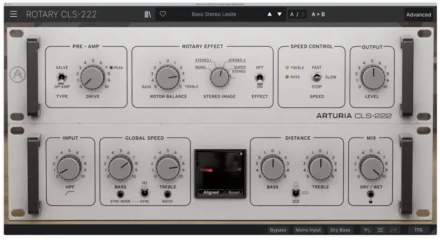
Famed for its use with Hammond organs, the Leslie enables you to create some serious stereo swirl. Arturia’s version also offers new features that include a valve preamp, separate bass and treble speeds and an interactive visualizer.
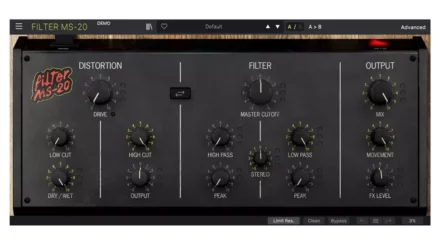
The other new addition on the FX Collection 4 block are Dist Coldfire, a dual engine distortion, and Filter MS-20, which combines the famously filthy filter from Korg’s synth of the same name with a distortion section. It is worth noting that this was given away for free at the end of last year, so you may well have it already.
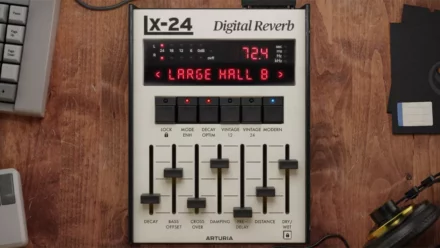
Lastly, there is Rev LX-24, a recreation of the classic Lexicon 224 reverb that offers both classic and contemporary interface options.
Additionally, a few of the other FX Collection effects have also been updated. Bus Force gets overdrive gain compensation; Efx Fragments now has 40 additional presets and an updated modulation workflow; and both Bus Force and Rev Spring-636 both have new oversampling quality options.
Besides, there are also upgraded accessibility features across the board, NKS VST3 and Mac M1 AAX support, and various bug fixes and optimizations.
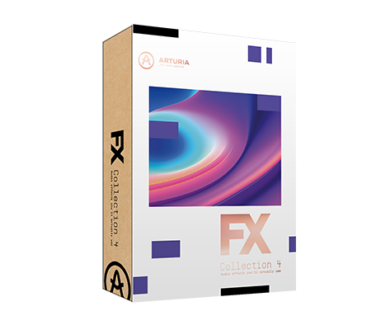
It’s running on PC and Mac in VST/AU/AAX formats, FX Collection 4 is currently available for the introductory price of $/€299 (regular price $/€499), until June 20th. And if you log in to your Arturia account, you may discover an even better offer.
Find out more on the Arturia website.
